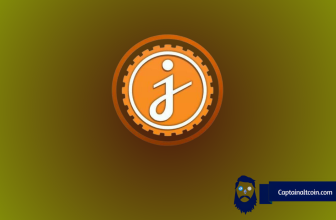
Hardly a day passes without news on how the banking sector is looking to blockchain technology to help transform parts of their business. The attraction of savings to running costs and operational efficiencies that the technology offers is driving interest in possible partnerships with startups, and even their own in-house solutions.
Blockchain 3.0
Whenever someone raises the benefits of blockchain technology within the banking sector two primary reasons are always put forward: it’s far less expensive and transactions are significantly quicker. Harvard Business Review believes blockchain will affect the banking sector in much the same way as the internet revolutionized the media, publishing a report that claimed –
“it is likely that, just as Linux is now embedded in almost every kind of commercial application or service, many of the ultimate use cases of the blockchain could become standard fare for established players like large companies, governments, and central banks.”
Back in 2015, we saw the introduction of what is now termed “blockchain 1.0,” with Ethereum and its decentralized platform for applications later categorized as “blockchain 2.0.” Today, many are believe that Direct Acyclic Graph, or DAG, may very well be “blockchain 3.0.”
Robust data management network
“Traditional” blockchains are just not designed to store large amounts of data the likes of which banks deal with regularly, particularly when various participants in parallel are continually processing the data. To combat this issue, a network of decentralized databases has to be built, transforming distributed ledgers into a robust data management network. The requirement for a platform that can create a functional model that provides the fundamental benefits of blockchain technology but still allows for maximum security has seen CyberVein come to the fore.
Some of the aspects central to the CyberVein platform include smart contract implementation, ease of use, and a non-resource intensive framework. Smart contracts allow for “automated correlation activity” to take place simply by pre-defining essential data values in advance. The CyberVein network is the very first Distributed Ledger System that allows for decentralized management of complex databases on the blockchain itself, with no need for a centralized storage provider, and due to the digital network the CyberVein platform uses, faster transactions and a better overall performance come as standard.
As we find banks narrowing their focus more and more to hone in on the tangible, real-world use cases of blockchain technology that can help solve the problems they face in business, we’re going to see more blockchain-based solutions emerge in the financial services industry.






